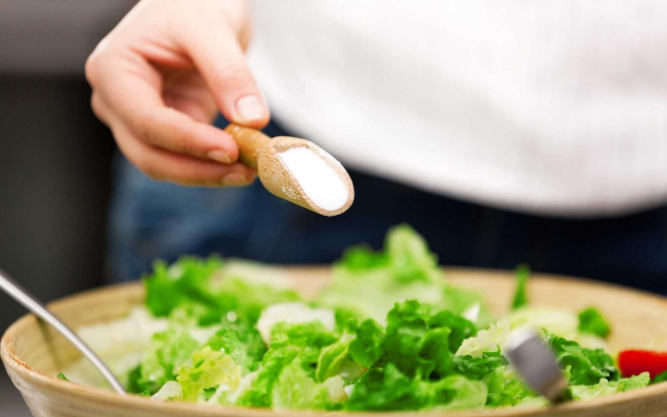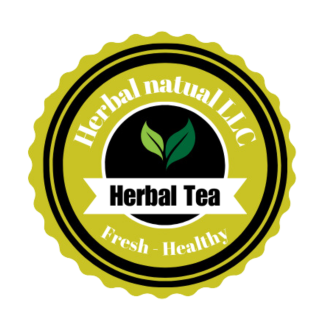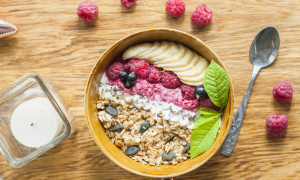There are many healthy foods eaten regularly that will keep your intestines healthy, but there are also some foods that are harmful to your intestines.
Gut health plays a huge role in your body's essential functions. Food taken into the body is metabolized and absorbed by the digestive system to create nutrients for the body. This is why daily diet is so important in maintaining gut health.
According to Associate Professor, PhD. Nguyen Thi Lam, former Deputy Director of the National Institute of Nutrition, a healthy intestine contributes to more than 70% of the body's epithelial immune system. When the intestines are healthy, without digestive disorders, diarrhea, constipation... it will ensure the process of digestion and absorption of nutrients goes smoothly, helping to improve health and strengthen the body's immunity. can.
To help you take optimal care of your gut, there are some foods that are bad for your gut health and gut microbiome that you should avoid consuming. Many of the foods and drinks on this list can be consumed in moderation, so you don't need to avoid them completely. However, when these foods are consumed in excess, they can negatively alter the microbiome balance in the gut.
1. Fast food causes an imbalance in intestinal bacteria

Fast food tastes great and saves you time, but unfortunately, fast food is one of the worst foods for your gut health and microbiome.
A study published in the journal GUT (USA) shows that fast food is associated with increased levels of certain bacteria in the intestine (such as Blautia bacteria, Lachnospiraceae and Clostridium bolteae), leading to the loss of balance the microflora in the intestine. Research has also found that due to this imbalance, fast food consumption is also linked to Crohn's disease, irritable bowel syndrome (IBS), and ulcerative colitis (also a disease associated with enteritis).
2. Foods containing a lot of sugar

Along with fast food, foods high in sugar are one of the leading culprits in diet-related intestinal problems. You should limit baked goods that contain processed sugar such as donuts, packaged muffins, cookies, cakes, etc. This is the best way for gut health.
A 2020 report published in the American Journal of Nutrition concluded that eating foods high in sugar creates more harmful bacteria and reduces levels of beneficial bacteria, causing an imbalance in your gut microbiome.
According to a review published in the European Journal of Nutrition, sugary drinks are linked to an imbalance of certain bacteria in the gut and may lead to an increased risk of early-onset colorectal cancer. in women. According to the researchers, one of the leading explanations for this association is that added sugars may erode the intestinal barrier and cause higher levels of intestinal permeability.
3. Food that is too salty can easily lead to enteritis

More and more studies are being published on the negative effects that diets that consume too much salt have on health. High-salt diets exacerbate proinflammatory responses, which are linked to the development of autoimmune diseases such as rheumatoid arthritis, lupus erythematosus, multiple sclerosis, and Crohn's disease.
Research results published in the American Journal of Physiology show that a high-sodium diet can lead to tissue growth and intestinal inflammation, and too much sodium can change the gut microbiome. In fact, many experts have found a link between the gut microbiome and hypertension.
4. Artificial sweeteners

Many people now use artificial sweeteners instead of sugar to save calories and help lose weight, but these can negatively impact your gut health.
A study published in the journal Nature suggests that consuming artificial sweeteners may actually be linked to the development of gluten intolerance due to the way it may alter the gut microbiome. your.
According to a new 2023 report published in the journal Toxicology and Environmental Health, sucralose (also known as Splenda) found in artificial sweeteners was found to increase the risk of metabolic disorders. metabolism, as well as causing damage to the intestinal mucosa and increasing its permeability.





